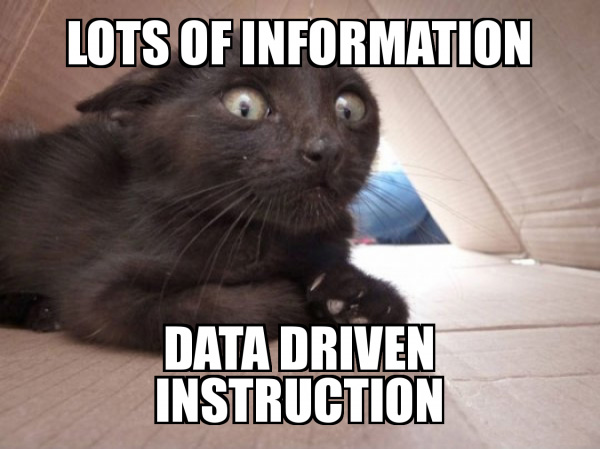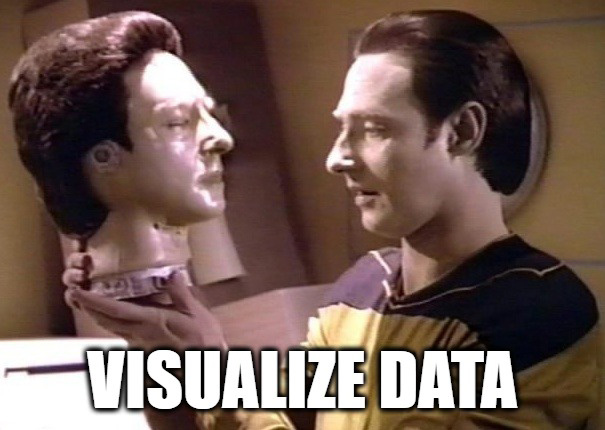Understanding Data Privacy Regulations
Data privacy regulations are legal frameworks that dictate how organizations collect, store, manage, and share personal data. These laws ensure individuals maintain control over their personal information and that businesses use this data responsibly and transparently.
Example in a Sentence:
The company reviewed its internal systems to align with global data privacy regulations before launching in the EU market.

Why Data Privacy Regulations Are Essential
In today’s data-driven world, compliance with privacy laws is not optional—it’s a strategic imperative. Here’s why:
- Protects Consumer Rights – Individuals gain the right to access, update, and delete their personal data.
- Builds Trust – Brands that respect privacy see improved customer loyalty and reputation.
- Avoids Penalties – Non-compliance with regulations like GDPR and CCPA can lead to significant fines.
- Improves Data Practices – Privacy compliance promotes better data hygiene and governance.
Key Components of Data Privacy Regulations
- Consent & Transparency
Businesses must clearly communicate how data is used and obtain informed consent. - Right to Access and Erasure
Users should be able to access their data and request its deletion when desired. - Data Minimization
Collect only the data necessary for your purpose and retain it no longer than needed. - Security Safeguards
Organizations must implement technical and organizational measures to protect data. - Breach Notification Protocols
In the event of a breach, timely notification to regulators and users is required.
More Definitions
(From the Sales & Marketing Jargon Encyclopedia)
- Data Fusion – The integration of multiple data sources to produce more accurate and useful information.
???? Read more › - Data Mapping – The process of matching data fields from one system to another for migration or integration.
???? Read more › - Data Enrichment – Enhancing internal records with external data to improve segmentation and personalization.
???? Read more › - Data Flow Analysis – Tracing the movement of data through a system to understand usage and ensure privacy compliance.
???? Read more › - Data Mining – Analyzing large datasets to uncover patterns, insights, or trends.
???? Read more ›
Useful Posts
(From the Sales Funnel Professor Blog)
- One and Done Meaning in Sales
Learn why quick-win campaigns often fail and how data-backed strategy builds lasting results.
???? Read more › - Cold Email Mastery: Strategies for Advancing Leads Through Your Sales Funnel
Discover how compliance and personalization drive better cold outreach performance.
???? Read more ›













